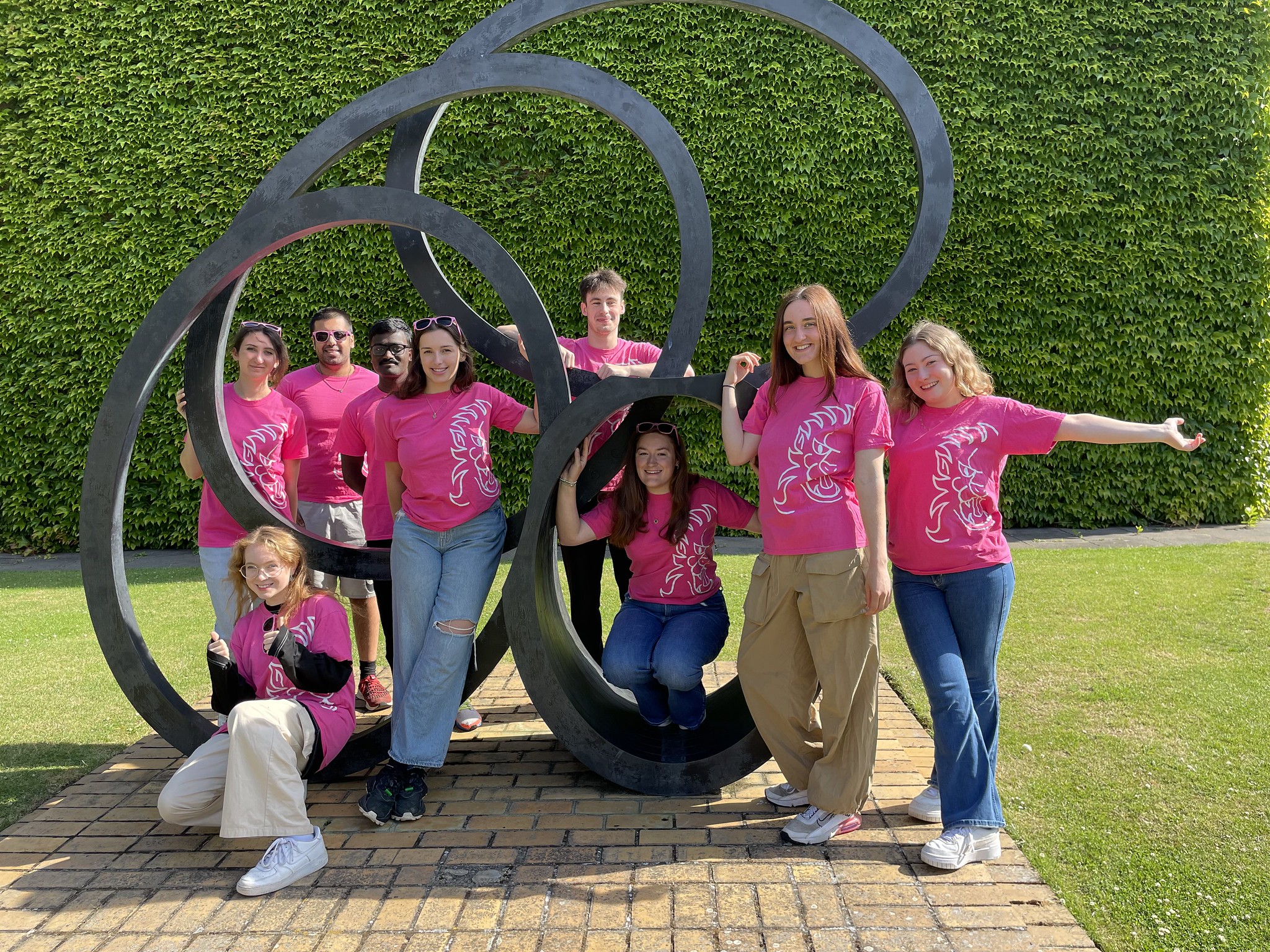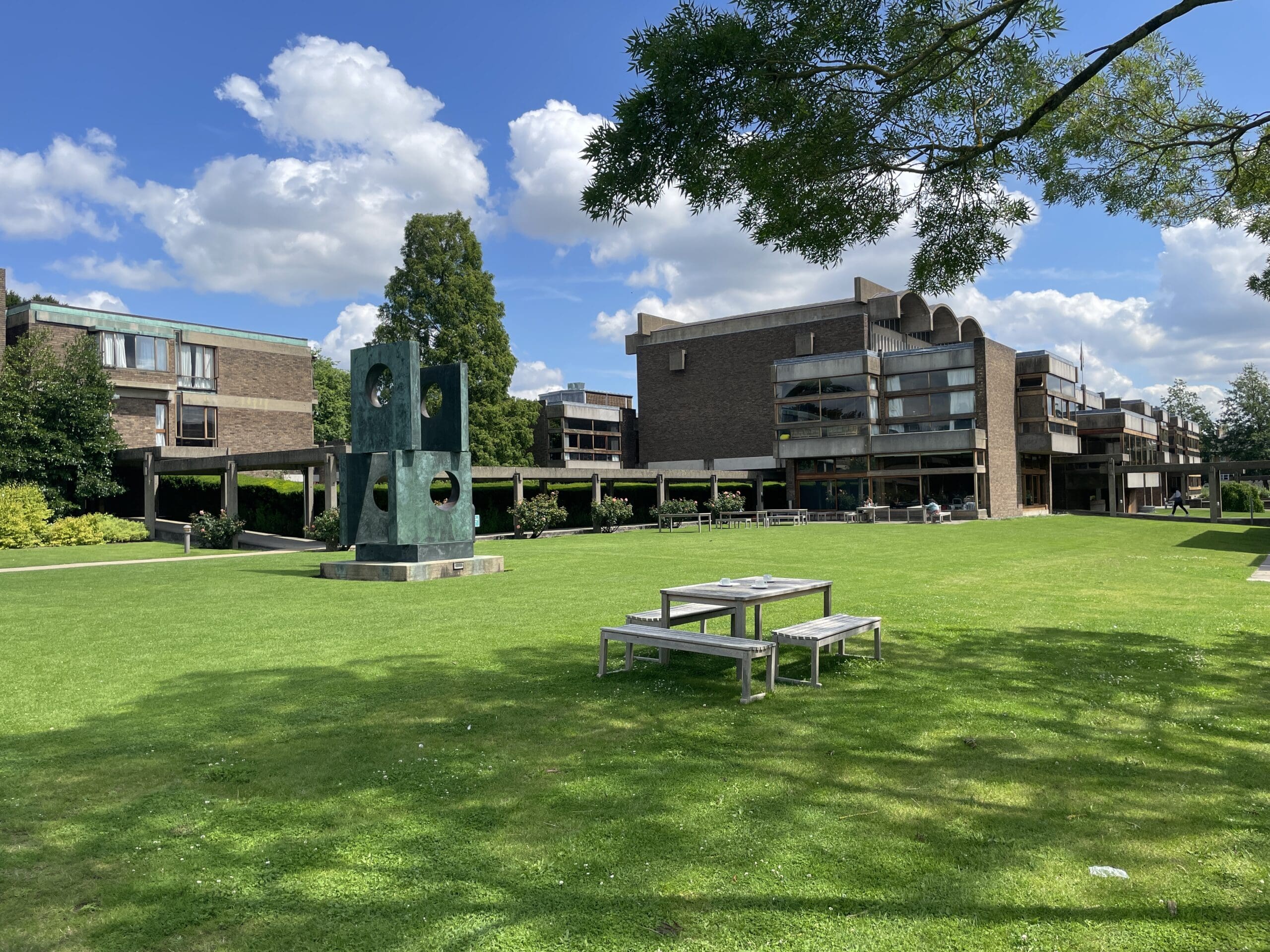
Asian & Middle Eastern Studies
Churchill College has a strong commitment to Asian and Middle Eastern Studies, and welcomes applicants committed to acquiring and understanding a major language and culture of East Asia or the Middle East. We accept students of Chinese, Japanese, Arabic, Persian and Hebrew Studies. Churchill’s Archive Centre houses the papers of Sir Winston Churchill, including correspondence between Churchill and Chiang Kai-shek, President of the Republic of China during World War II. It also holds papers concerning the return of Hong Kong to China in 1997. These papers are of significant value to people interested in doing research in these areas.
Entry Requirements
At Churchill, we want to admit undergraduates who will thrive during their time here, so – in their interests – we tend to set conditional offers in line with the typical attainment of Cambridge entrants, by course. On average, this allows us to make a relatively generous number of offers per place, but it also means that our requirements are usually a little more rigorous than the University’s minimum offer level.
You can learn more about how Churchill selects candidates, and our entry requirements and conditional offers by course, on our undergraduate applications page.
The University’s Entrance Requirements and International Entry Requirements pages may contain guidance relevant to you too.
Submitted Work
If you apply to Churchill, and if you are combining with a European language, we’ll ask you to submit two examples of teacher-marked written work. These should be taken from your present or most recent studies, and should not be re-written or corrected for your Cambridge application. Ideally, each piece should be 1500 to 2000 words in length. Work from any subject will be accepted.
Admissions Assessment
Churchill does not use a written assessment in AMES, unless you apply to study a European language as part of the course. In this case, you will be required to take the relevant MML written assessment after shortlisting for interview. There’s more information on and linked from the University’s Admissions Assessments webpage.
Interview
The role of academic interviews in Churchill’s admissions process is explained on our interviews page. Our interviewers will be looking for evidence of enthusiasm for and a potential for aptitude in the subjects covered by the AMES Tripos.
Director of Studies

Dr Avital Rom
Research Fellow and Director of Studies
Leverhulme Early Career Fellow in Chinese Studies
Careers
Churchill AMES graduates have been offered jobs to work in the Foreign Office, law firms, accounting firms, consultancy firms, international companies, etc. Your Director of Studies and College Tutor will be happy to help you to plan your future career.
Studying Asian & Middle Eastern studies at Churchill College
It is obvious that China has become an increasingly important and powerful nation in the world, and in Chinese Studies at Cambridge, we help you to go beyond the stereotypes and learn more about its complex history, its rich culture, its changing society, as well as its language. Japan has been an economic powerhouse in the world and has been playing an influential role on the global stage. Our programme in Japanese Studies allows you to focus not only on the language but also on Japan’s history, politics, society and its fascinating cultural landscape. If you want to study Arabic, Persian or Hebrew, it is possible to combine two of the languages or combine one of the languages with a modern European language taught in the Faculty of Modern and Medieval Languages. Whether you do a single-language course or combine one language in the Middle Eastern Studies with a European language, you will have opportunities to study not only the language but also the history, culture, religion and politics of the Middle East and the Islamic world.
You don’t need to have prior knowledge of the language before you come to Cambridge as we teach the language from scratch. However, you will have an intensive language training throughout the four years, and by the end of your fourth year, you are expected to be a competent user of the language you have studied. In Cambridge, the first year is often called Part IA, the second year Part IB, and the third and fourth years are called Part II. In Part IA, you will mainly study the language, together with some introductory courses on the history and culture of the region concerned. In Part IB, you will continue your language studies, but at the same time, you are introduced to the history, literature, religion, culture and politics of the chosen area. You will spend your third year in a target-language-speaking county. In the fourth year, you will do advanced language studies and can also choose special courses from a range of options. In addition, you will also write a dissertation using primary sources.
Churchill College has a strong commitment to Asian and Middle Eastern Studies, and welcomes applicants committed to acquiring and understanding a major language and culture of East Asia or the Middle East. We accept students of Chinese, Japanese, Arabic, Persian and Hebrew Studies. Churchill’s Archive Centre houses the papers of Sir Winston Churchill, including correspondence between Churchill and Chiang Kai-shek, President of the Republic of China during World War II. It also holds papers concerning the return of Hong Kong to China in 1997. These papers are of significant value to people interested in doing research in these areas.
Full course details are provided on the Faculty’s Undergraduates webpage and the University’s Undergraduate Study webpage.
You may also be interested in:



